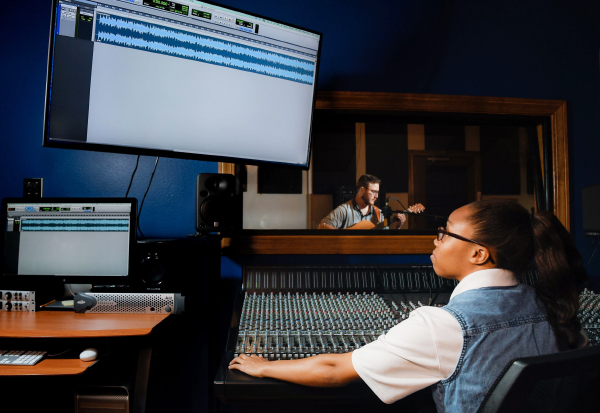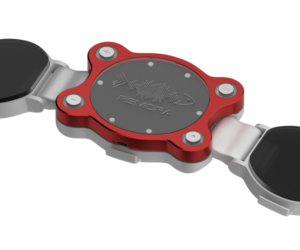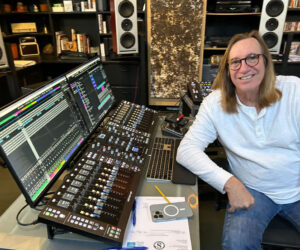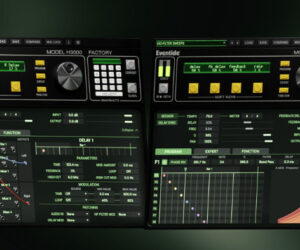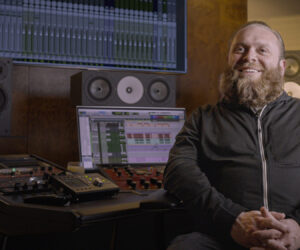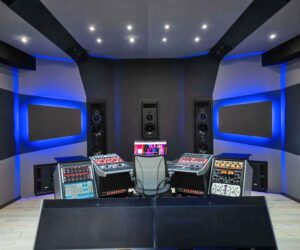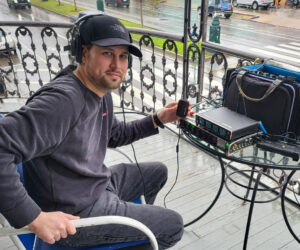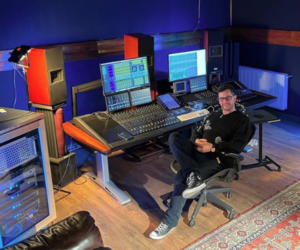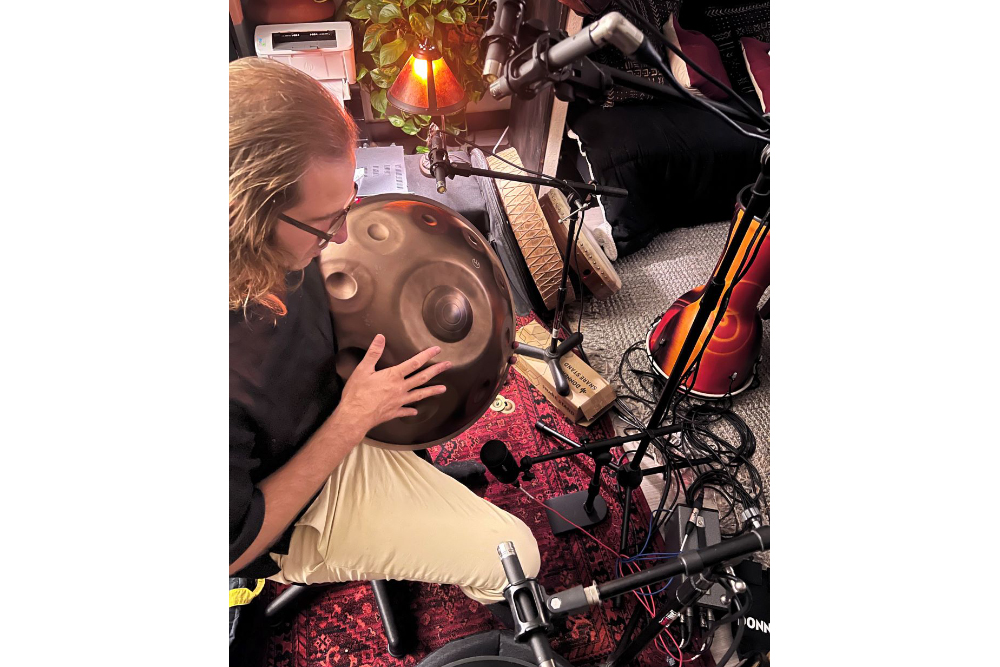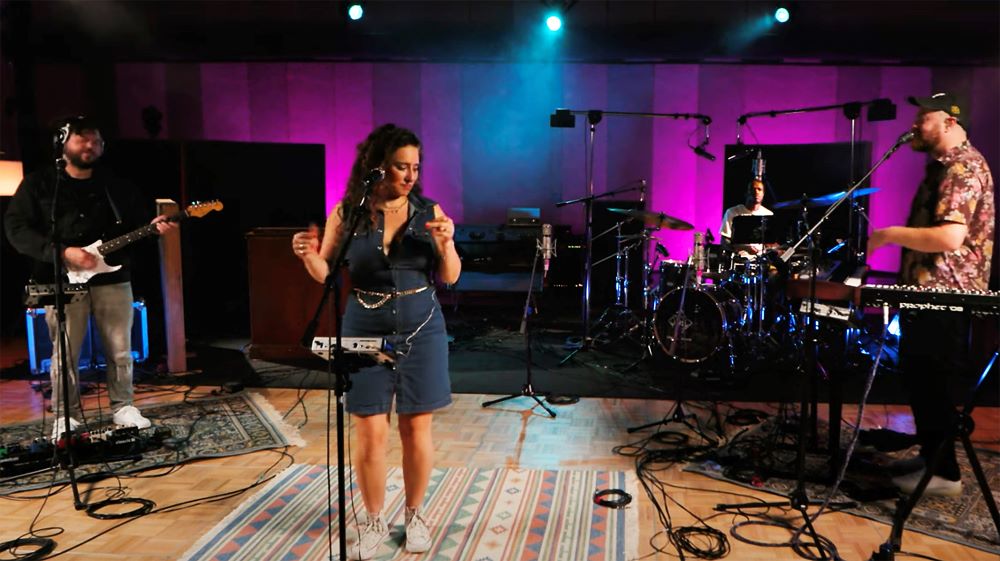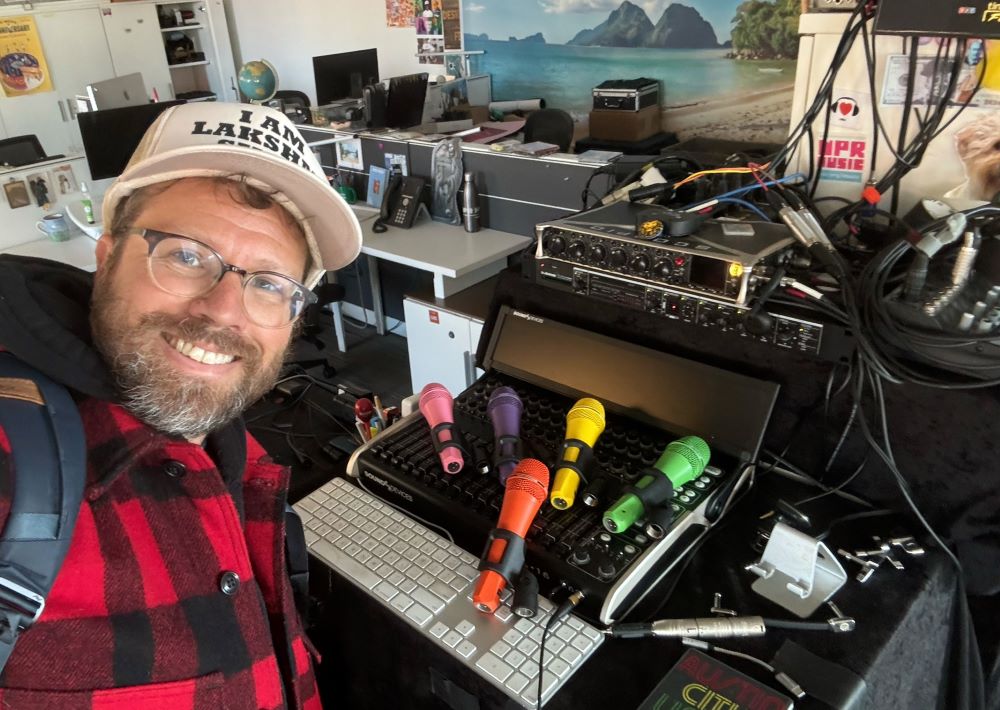Louisiana Tech University has expanded its curriculum to include a new Music Industry Studies program with the School of Music building a new recording studio equipped with a 32-channel Solid State Logic ORIGIN analog mixing console in helping to teach audio engineering, synthesis, digital musicianship and other courses.
The university has offered music courses almost since it was established in 1894, and the region has a similarly long tradition of music and music education, says Dr. Michael L. Austin. The School of Music was established in January 2019, dividing the School of Performing Arts into Theatre and Music schools, and appointed Austin as the Founding Director of the School of Music.
He was previously an associate professor at a university in Washington, D.C., where he had established a relationship with Marc DeGeorge of SSL. “When we started this new Music Industry Studies program, a big part of it was music engineering and production, so we needed a console,” Austin says. “I asked Marc for some advice about getting a console and had him come to Louisiana. And he recommended, well — he couldn’t tell us! It was a secret. Then, the day the ORIGIN became available, he called me and let me know that it was exactly what we needed.” Louisiana Tech acquired the console fromWestlake Pro.
At that time the console was purchased, there was not a recording studio at the Howard Center of Performing Arts, which houses the School of Music and School of Theatre on the campus. “There was a multimedia studio that was composed of two computers and a large-screen TV,” Austin explains. The school found space for the new program in a former choir music library, which had been an organ practice room before that. “Someone would maybe go in there three times a year to pick out music then it would just sit for the rest of the year, so we’re putting it to good use.”
Over the summer, the School of Music worked with Ruston-based integrator American AVL to convert and acoustically treat the space for use as a control room and live tracking room, wire the facility and install the new ORIGIN console. “The whole aim was to make it as close to a real-life experience as we could make it,” Austin notes although the building’s age — it was constructed in the 1930s — posed some challenges.
The ORIGIN console is integrated with workstations running a variety of music production and notation software, including Avid Pro Tools, Sibelius and Media Composer, Apple Logic, Reason, Audacity, Finale and Native Instruments Kontakt 5. Nine other computers can be used for music production and technology classes. The space has become the School’s computer lab and control room.
Austin considered a digital audio mixing solution. “But I was leaning toward getting an analog console because there are fewer things that can go wrong or get routed wrong,” he explains. “It’s a lot easier for me to explain or troubleshoot over the phone with students,” While the budget ruled out a larger format analog desk, Austin also considered a smaller console, but ORIGIN proved to be the right fit. “This is a good happy medium and a reasonable price. I think students should be prepared no matter what job they can get into to move into either a large format console or down to a smaller one. This will prepare them well for either situation.”
Austin scheduled a shakedown of the new studio with a recording session featuring a colleague who is a guitar professor at the school, but Hurricane Laura postponed those plans, arriving in Ruston at Category 1 strength. “We finally got everything hooked up and plugged in a couple of weeks ago so that everything would be ready when school opens on September 10,” Austin says.
He expects that the student body in the School of Music will have opportunities to work in the recording studio in addition to the 20 to 25 students who are expected for the inaugural quarter of the new music engineering and production program. “Hopefully all of the students in the School of Music will get some experience, whether they are an opera singer or a jazz guitarist,” he says. The hands-on experience will prepare students well for their first professional experiences after graduation.
Having started with a clean slate with regard to facilities and equipment, Austin says he is still in the early stages of planning any further expansion to the Music Industry Studies program. “As the program progresses, we’ll have students go to internships and have practical experience on campus, working at the university’s radio station, or doing sound editing for the Office of University Communications, or working with the athletics department and ESPN when they televise the Bulldogs’ games,” he concludes. “We’ll see what kinds of experiences our students need to get ready for those opportunities and plan the purchase of additional equipment accordingly.”


